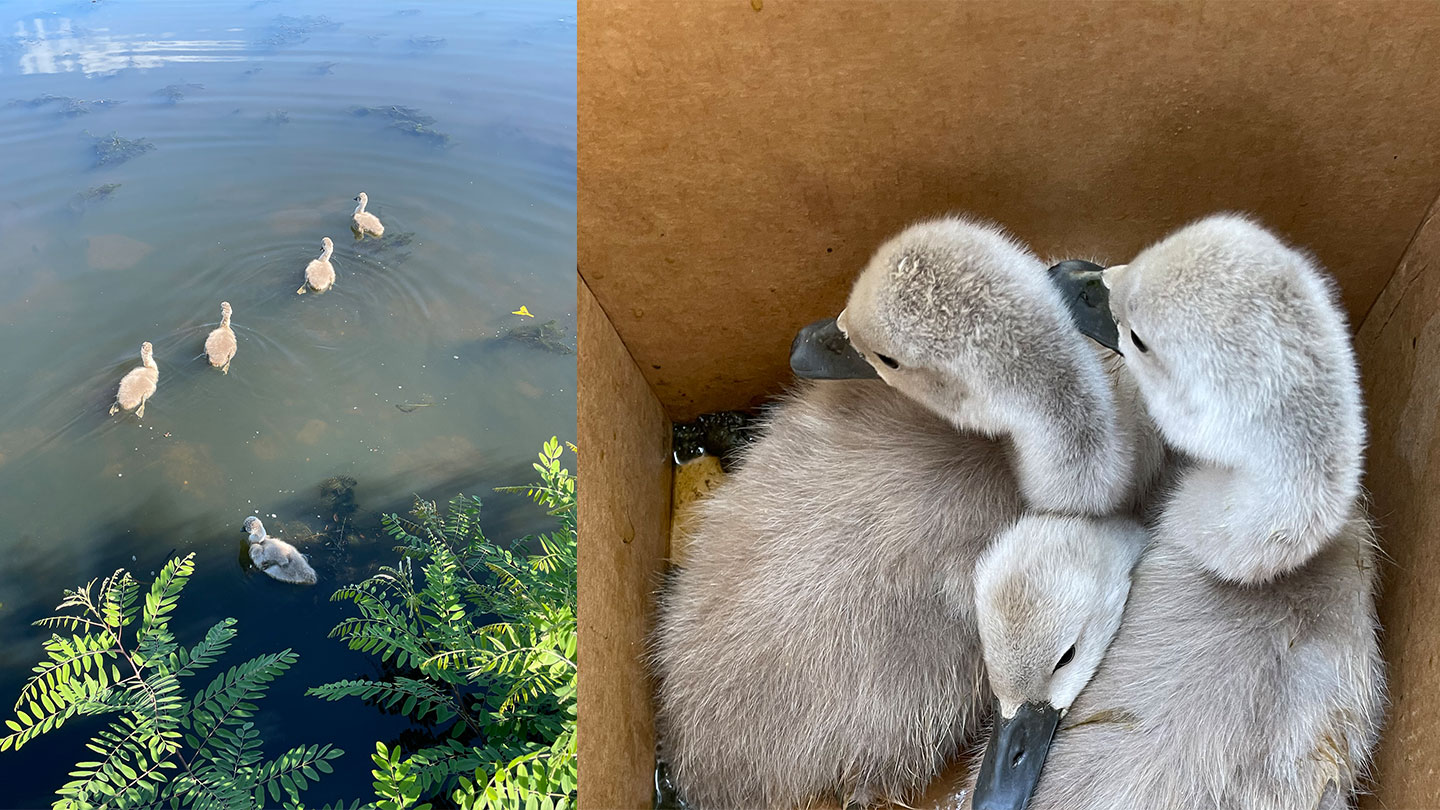An unusual number of seals are becoming stranded and dying off Maine this summer, and avian influenza is to blame, the federal government said Tuesday.
The U.S. Department of Agriculture has confirmed that samples from four Maine seals tested positive for the virus. The animals all died or required euthanasia, the National Oceanic and Atmospheric Administration said.
Marine mammal rescuers started to notice an unusually high number of seal strandings in June, and then the USDA conducted the tests, NOAA said in a statement. The rate of dead seal strandings in Maine is about three times the normal rate for the summer and is close to 60, the agency said.
The USDA is notifying the Centers for Disease Control and Prevention and state animal and public health officials about the deaths, which came after a bird flu outbreak that led to the deaths of tens of millions of chickens and turkeys on farms. The virus is capable of jumping to mammals, though it rarely affects humans.
It’s not the first instance of bird flu jumping to marine mammals such as seals, but the federal government is monitoring the deaths closely nonetheless, said Allison Ferreira, a NOAA spokesperson.
“There is a national outbreak of avian flu happening, so that was the cause of concern for these animals,” Ferreira said.
Most of the seals that have been founded stranded in Maine this summer have been dead, NOAA said. The dead seals have included gray seals and harbor seals.
Wednesday, federal experts said they were encouraged by signs that the virus was continuing to transmit only between birds and the seals, not seal-to-seal, which would indicate mammal-to-mammal transmission and a possible increased risk to human beings.
"I don't think we have any evidence at all suggesting that each individual animal is anything other than literally a 'dead end' host for the virus," said Bryan Richards, Emerging Disease Coordinator for the USGS Wildlife Health Center.
"It's better than the alternative -- if we were experiencing evidence of mammal-to-mammal transmission," he added.
The bottom line message from infectious disease experts is to simply stay away from seals and seabirds that appear dead, sick, or stranded this summer.
"It's best to be safe and give them their space unless you're trained to do so," said Dr. Meghan May, a Professor of Microbiology and Infectious Diseases at the University of New England.
The health risk “posed by avian flu to the general public is low; however, precautions are recommended,” NOAA’s statement said. The agency said people and pets should never approach seals, and should contact authorities if they find an animal they believe is stranded.
Elsewhere in New England, hundreds of birds have washed up dead on Martha’s Vineyard, and local officials have sounded the alarm about a possible bird flu outbreak.
The source of the outbreak among seals is still being investigated.
Marine Mammals of Maine, a rescue organization, said that it has responded to 40 stranded seals since June 1. Katy Green, a spokesperson for the organization, said it is “aware of this evolving situation” and working with NOAA on it.
Gray seals and harbor seals are abundant off New England, where they are beloved by wildlife watchers and sometimes bemoaned by fishermen. However, the bird flu deaths don’t represent the first time they’ve died off at an alarming rate.
NOAA declared an “unusual mortality event” for the seals after more than 2,700 of them stranded off Maine, New Hampshire and Massachusetts from July 2018 to March 2020. Feds attributed those deaths to phocine distemper virus. That virus does not impact humans.



